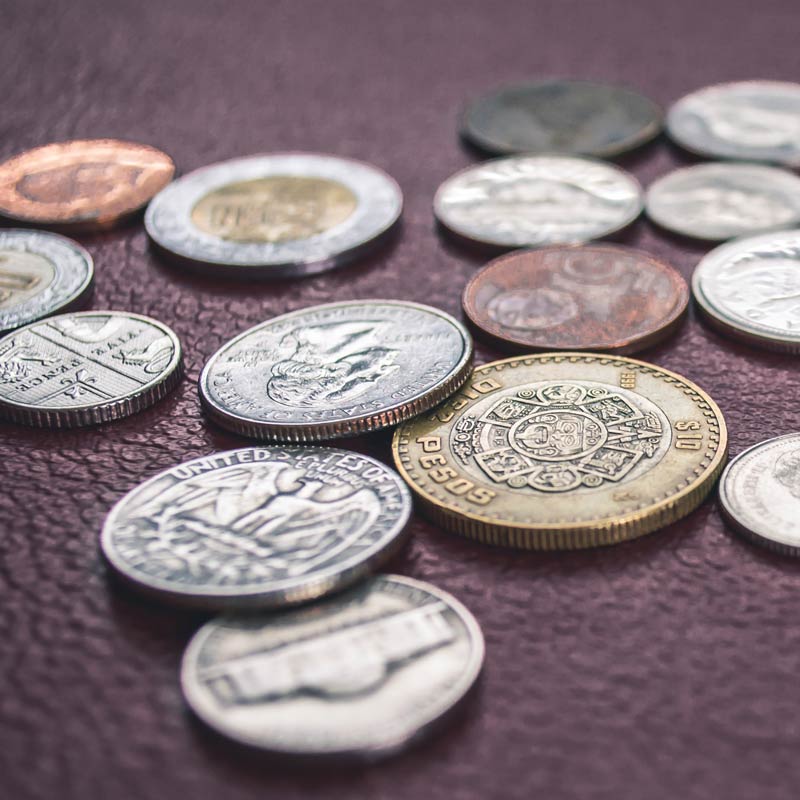You Bounced a Check—What Happens Now?
If you’ve ever written a check for more money than you had in your account, then you know how it feels to bounce a check. That sinking feeling in the pit of your stomach is one that’s all too familiar.
What is Checks Bounce?
A check may bounce for a number of reasons. The most common reason is that there are insufficient funds in the account to cover the check. This can happen if you write a check for more money than you have in your checking account or if someone else writes a check on your account without your knowledge.
Other reasons a check may bounce include:
- The check is postdated
- The check number is incorrect
- The account has been closed
- The signature is missing or invalid
What Happens When a Check Bounces?
If a check you write bounces, you’ll typically be charged a fee by your bank. This fee can range from $20 to $35. In addition, the person or company who you wrote the check to may also charge you a fee.
If you repeatedly write checks that bounce, your bank may close your account. Additionally, you may be reported to ChexSystems, a consumer reporting agency that tracks bounced checks and other negative information on checking and savings accounts. This can make it difficult to open a new account at another bank.
What Can You Do to Avoid Bouncing Checks?
The best way to avoid bouncing checks is to keep track of your spending and make sure you have enough money in your account to cover your checks. This may seem like an obvious solution, but it’s one that many people don’t follow.
You can also sign up for overdraft protection at your bank. This service typically comes with a fee, but it can help you avoid the fees associated with bounced checks.
If you do bounce a check, be sure to contact the person or company you wrote the check to as soon as possible and make arrangements to pay the amount of the check plus any fees. The sooner you take care of the problem, the less damage it will do to your reputation and your finances.


